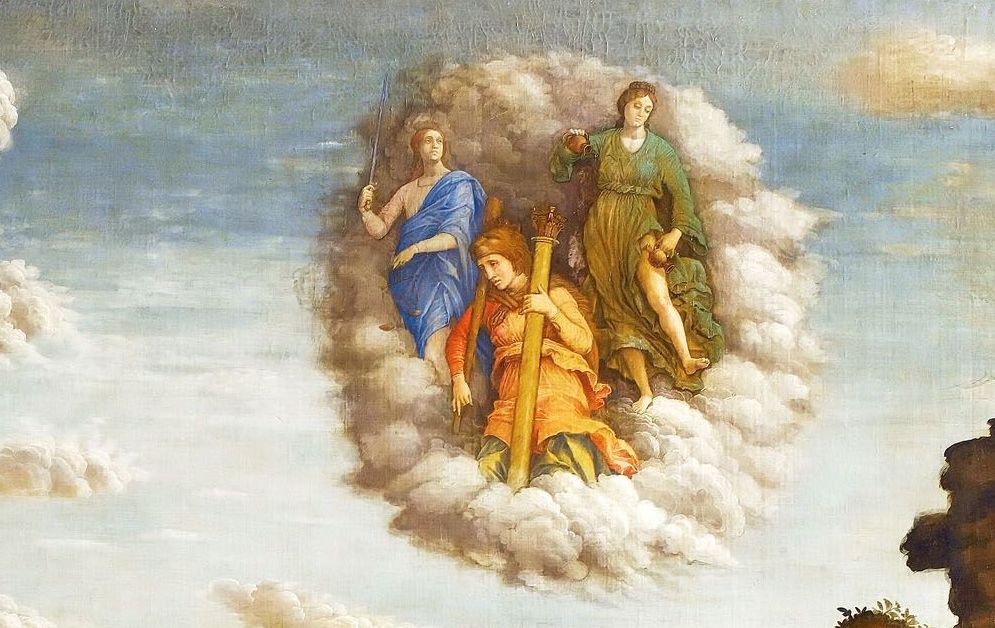Search for topics or resources
Enter your search below and hit enter or click the search icon.
January 31st, 2008 | 2 min read

(Bumped–I realized I put in the wrong timestamp when I set it to automatically post!).
For many evangelicals, the idea of regular and church-legislated engagement with spiritual disciplines such as Lent impinges upon the freedom of the individual believer. In its worst and most ignorant forms, the objection isn’t even formulated—rather, the idea of Lent evokes the sneer that is afforded to all things “Catholic.”
Of course, such a dismissal ignores the relaxation of the Lenten rules and Church discipline in general by the Catholic Church in the 20th century.
That is not to say that there are not valid worries to be had about whether the Catholic Church’s obligations surrounding Lent infringe the freedom of the believer and the basic nature of an individual’s relationship with God. That is, there is a question about whether making Lent a requirement for believers is a proper use of churchly authority.
As an evangelical, the freedom of the individual and his relationship to God are of utmost importance to me. Of course, that is why I will practice Lent again this year.
The idea that the Church calendar and the authority over the individual believer’s religious life that goes along with it is at odds with religious freedom is akin to saying that the laws of marriage are at odds with a man’s freedom to choose a wife. That’s clearly not the case. While some people may criticize marriage as destroying a man’s freedom, it is rather the ultimate expression of it—in marriage, a man freely limits himself to loving one other woman. That is, he willingly and (we hope) joyfully accepts the reality of an order that he did not make himself.
So in adhering to the Church calendar. Rather than surrendering to a ‘man-made’ authority presuming to be divinely inspired, those who follow Lent—and, I might argue, the Catholic Church’s adherence to it—appeal to an order behind the calendar itself. It is the same order that prompted the Preacher to proclaim, “To everything, there is a season.”
In following the Church calendar, we are routinely reminded to focus on the various aspects of the Christian life—the second coming, the reality of sin, the miracle of redemption, the power of the resurrection, the outpouring of the Spirit, etc. And the Church calendar orders and structures our relationship to God, just as the celebration of anniversaries, birthdays, and other special days structure our human relationships.
In Lent, we are encouraged to focus on our sin, and to repent for our rebellion against God. But we do not focus on our sin in the abstract—rather, we are encouraged to look forward to the celebration of Good Friday and Easter. That is, we look at our own sin in a certain way—namely, within the context of the Gospel and the reality of the death and resurrection of Jesus Christ. As we mourn for our sin, we look for the comfort of God.
Matthew Lee Anderson is an Associate Professor of Ethics and Theology in Baylor University's Honors College. He has a D.Phil. in Christian Ethics from Oxford University, and is a Perpetual Member of Biola University's Torrey Honors College. In 2005, he founded Mere Orthodoxy.
Topics: